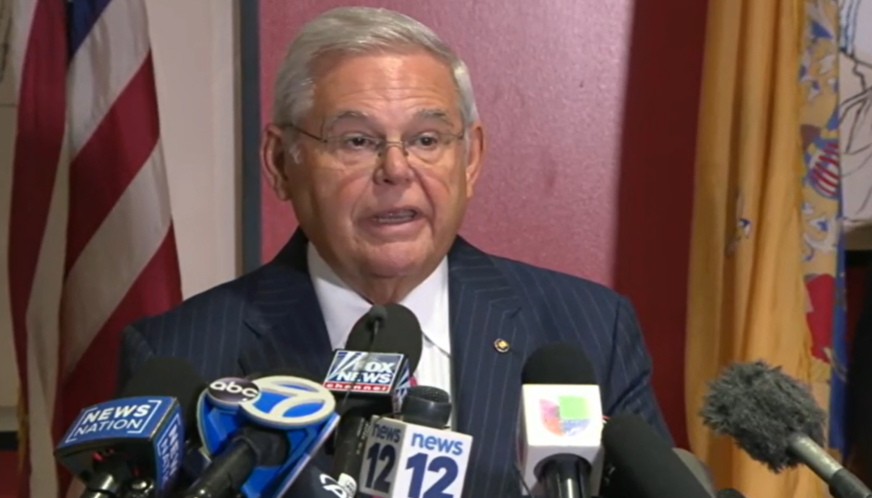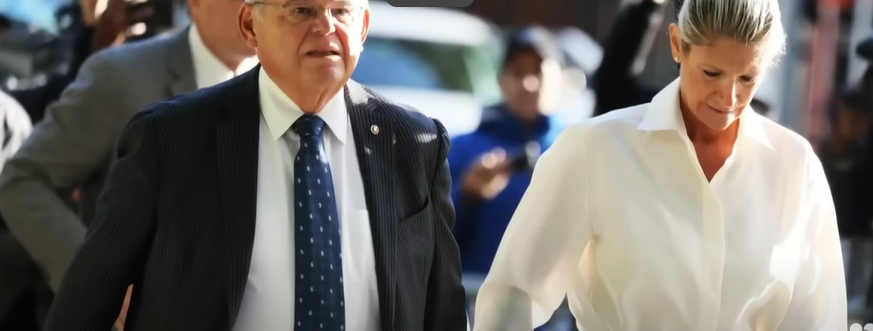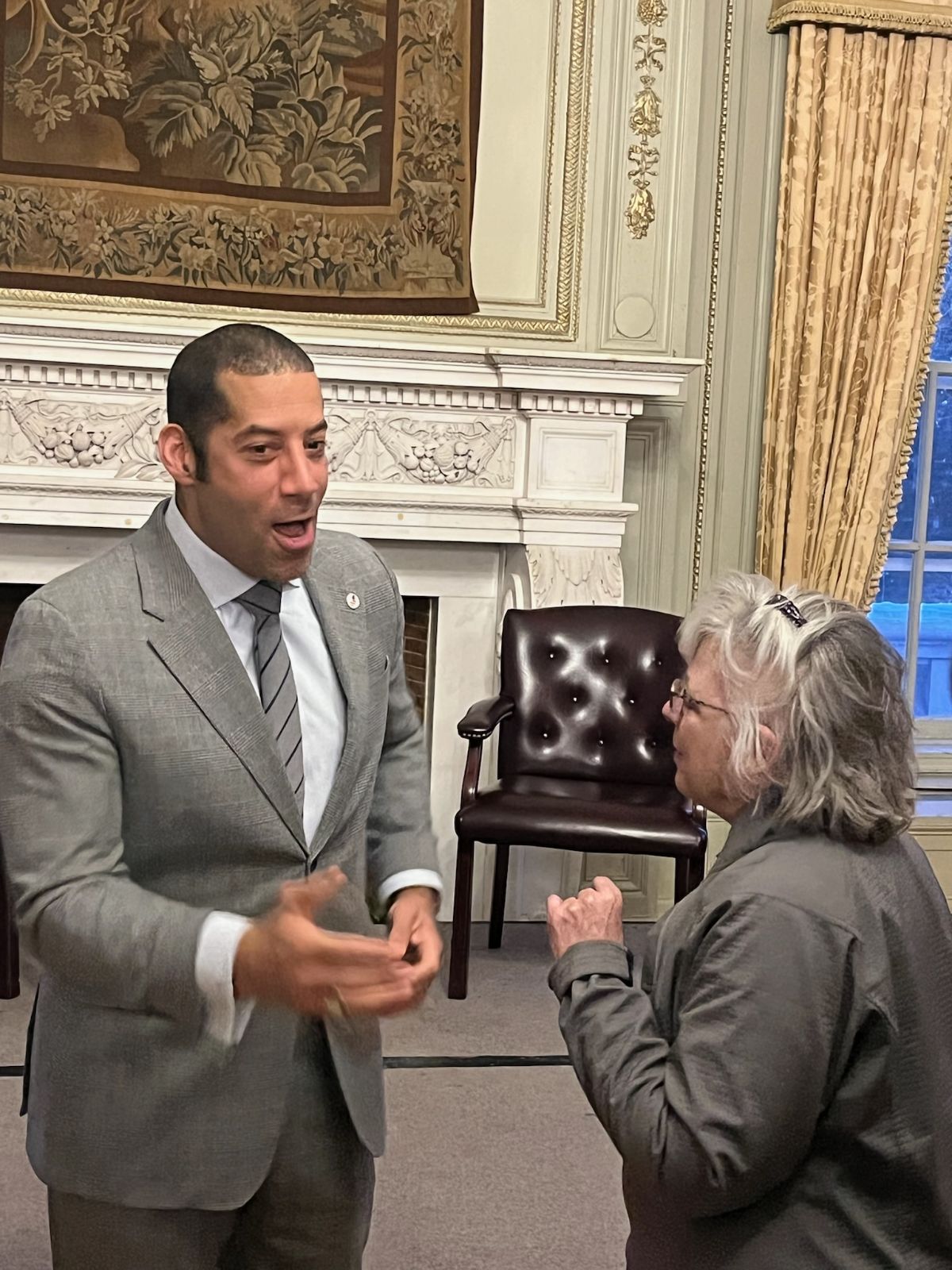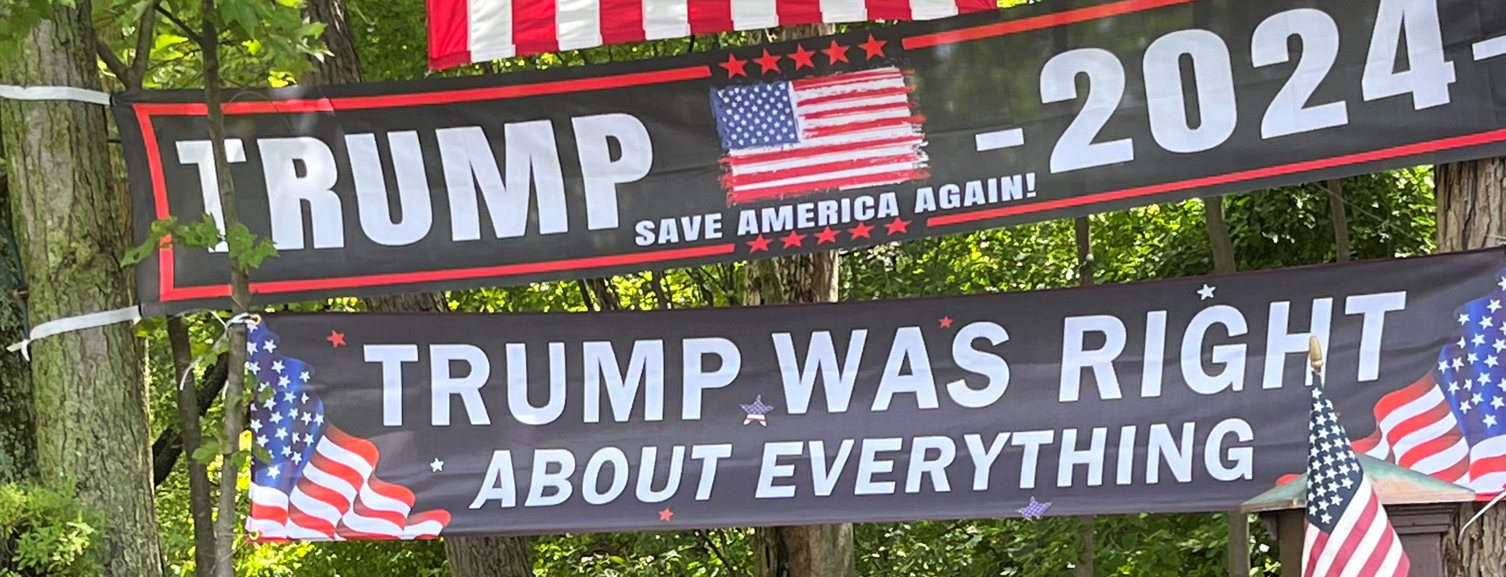
A verdict in the Bob Menendez trial should come soon, but don’t forget this:
The U.S. Supreme Court these days seems to like corrupt public officials. Naturally, this will only be an issue if the senator is found guilty and an appeal process begins.
Nonetheless, it’s worth considering, or perhaps even worrying about.
It was eight years ago when the court threw out the corruption conviction of Robert McDonnell, the former governor of Virginia. The governor was convicted of promoting a diet supplement in exchange for receiving lavish gifts, including designer clothes and a Rolex. The court’s creative opinion was that the help the governor provided was done in the normal cause of business and was not in itself, an “official act.”
That opinion remains a head-scratcher.
But one last month was much more straightforward in reflecting the court’s view.
Lost in the flurry of late term decisions about presidential immunity, social media and abortion was a seemingly minor case out of Indiana – Snyder vs. the United States.
We said, Indiana, but this one is made for New Jersey.
James Snyder was mayor of Portage, Indiana, and under his watch, the town bought five garbage trucks for $1.1 million. A short time later, the company gave Mayor Snyder a check for $13,000.
One supposes the only distinction here is that in New Jersey, the $13,000 would have been in a paper bag.
When this surfaced, the mayor was convicted in federal court of accepting an illegal payment and sent to jail.
Remarkably, the court overturned the conviction in a 6-3 vote with the conservative majority prevailing.
Check out this line from the syllabus of the court decision:
“Federal and state law distinguish between two kinds of payments to public officials – bribes and gratuities. Bribes are typically payments made or agreed to before an official act in order to influence the public official with respect to that future official act. Gratuities are typically payments made to a public official after an official act as a reward or token of appreciation.”
By any common-thinking reasoning, this is an absurd distinction.
A mayor getting $13,000 from a trucking company after the town bought five trucks, is an act of corruption. What difference does it make whether the mayor gets his money before buying the trucks or afterwards?
The court’s majority opinion labors on to explore the differences between “bribes” to influence action and “gratuities” to thank officials. It sees a distinction under federal bribery law when most clear-thinking individuals would not.
The larger question here is why does a conservative court find so much apparent virtue in crooked politicians?
Justice Neil Gorsuch in a concurring opinion gave an answer.
It all has to do with “lenity.”
By that, Gorsuch explains, “Judges are bound by the ancient rule of lenity to decide the case as the Court does today, not for the prosecutor but for the presumptively free individual.”
Hmm. Guess it makes no difference if this individual is a mayor who freely accepts a payoff from a trucking company.
Following the earlier case – albeit by a court constructed somewhat differently – the policy seems clear. It is becoming harder to convict public officials of corruption in federal court.
As noted, this case got little attention in New Jersey.
But Bob Menendez probably read it.
(Visited 9 times, 9 visits today)
After a long and highly publicized trial, an upcoming decision is expected in the case of Senator Robert Menendez. The New Jersey Democrat has been facing charges of corruption and bribery, stemming from his alleged acceptance of gifts and favors from a wealthy donor in exchange for political influence.
The case has been closely watched by both political insiders and the general public, as it has the potential to have significant implications for Menendez’s political career and the broader landscape of corruption in Washington.
Menendez has vehemently denied any wrongdoing, maintaining his innocence throughout the trial. His defense team has argued that the gifts and favors he received were simply gestures of friendship, and that there was no quid pro quo involved.
However, prosecutors have presented a compelling case against Menendez, alleging that he used his position as a senator to benefit his friend and benefactor, Dr. Salomon Melgen. They have pointed to numerous instances in which Menendez allegedly intervened on Melgen’s behalf with government agencies and officials.
The jury is currently deliberating on the charges against Menendez, which include bribery, conspiracy, and making false statements. If convicted, he could face significant prison time and fines, as well as the possibility of being expelled from the Senate.
The outcome of the Menendez case is eagerly anticipated by both his supporters and detractors. For his supporters, a verdict of not guilty would vindicate Menendez and allow him to continue his work in the Senate. However, a guilty verdict would likely spell the end of his political career and tarnish his legacy.
On the other hand, Menendez’s detractors are hoping for a conviction, seeing it as a long-overdue reckoning for a politician they believe has abused his power for personal gain. They argue that holding corrupt officials accountable is essential for maintaining the integrity of our political system.
Regardless of the outcome, the Menendez case serves as a stark reminder of the dangers of corruption in politics. It highlights the need for transparency and accountability in government, as well as the importance of upholding ethical standards among our elected officials.
As we await the decision in the Menendez case, one thing is clear: the outcome will have far-reaching implications for both the senator himself and the broader fight against corruption in Washington.



